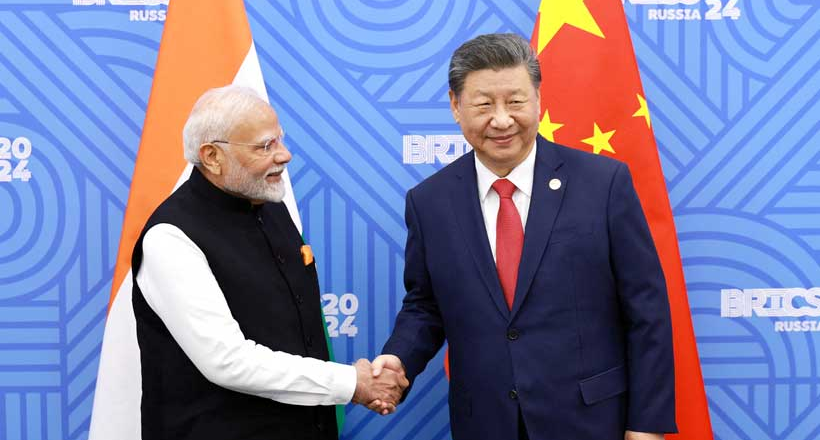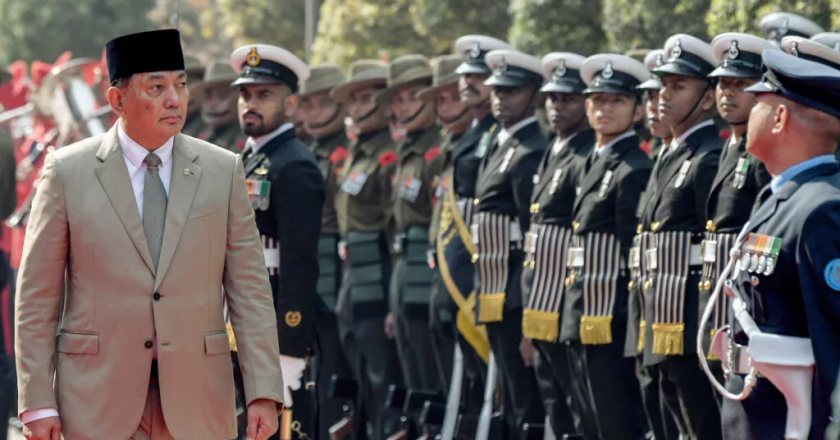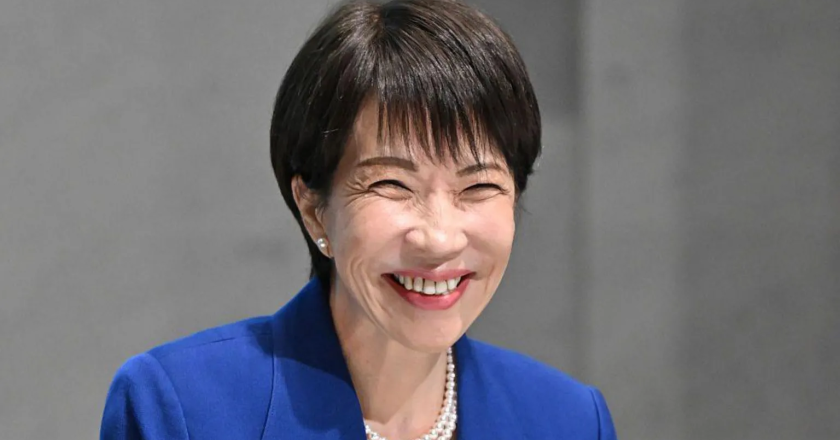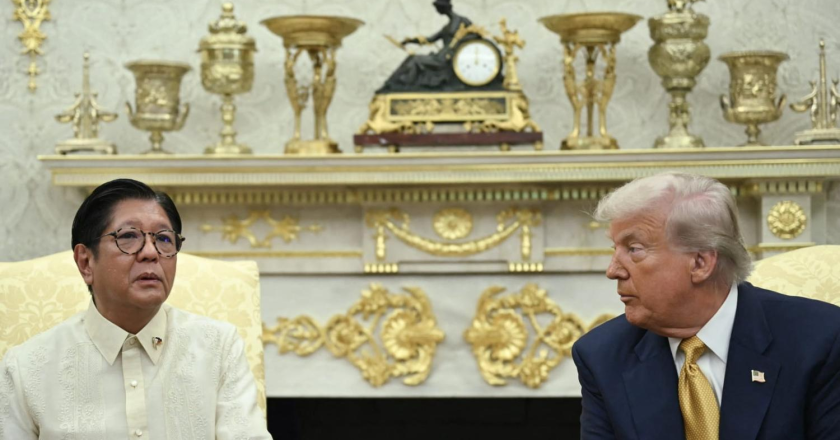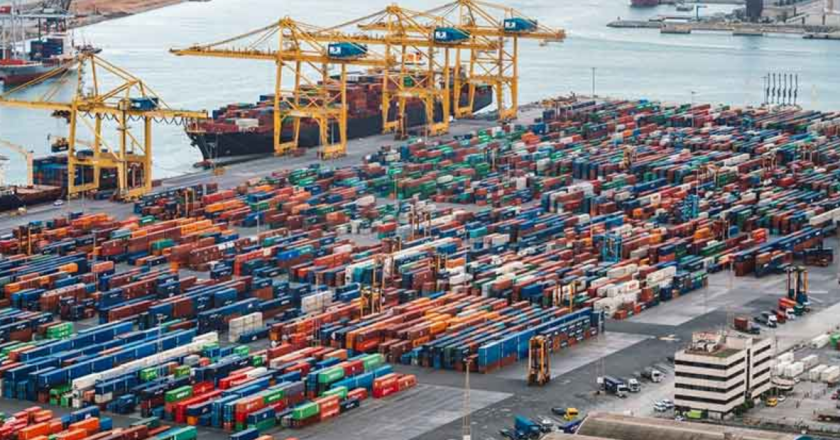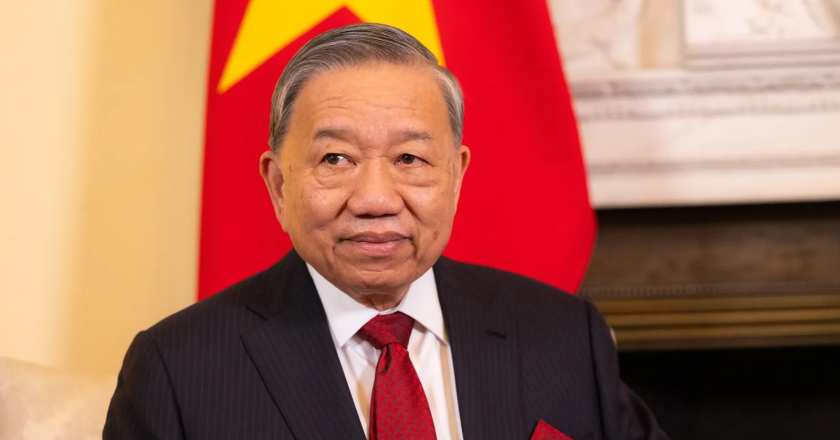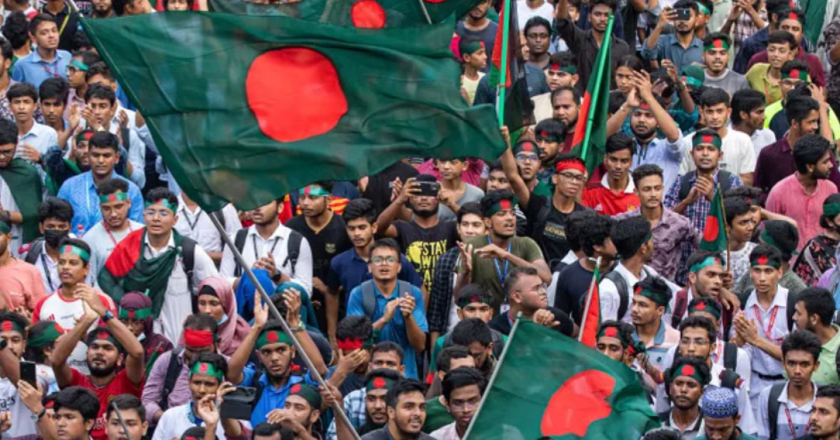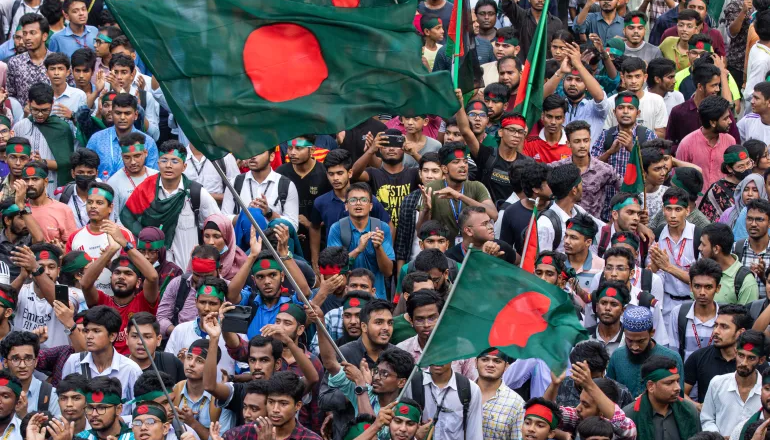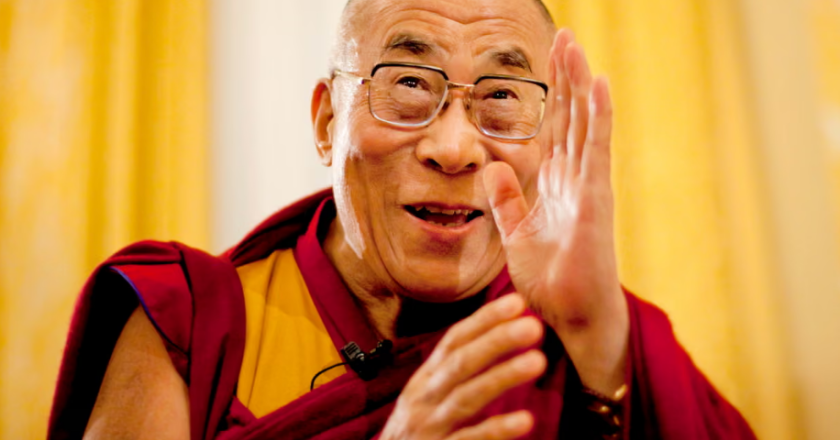ChinaŌĆÖs South Asian Web: Countering India, Testing Durability
Chinese Foreign Minister Wang Yi met AfghanistanŌĆÖs acting Foreign Minister Amir Khan Muttaqi and publicly emphasised that China is ready to work with Afghanistan to carry forward the traditional friendship, enhance political mutual trust, deepen practical cooperation, bring more benefits to both countries and contribute to regional peace and stability. Apart from this announcement another statement which caught attention was ŌĆ£Afghanistan is ready to upgrade its ties with PakistanŌĆØ and both Afghanistan and Pakistan agreed to send ambassadors to each otherŌĆÖs country. This clearly showed that China is trying to reshape South Asian politics by leveraging the existing China-Pakistan-Afghanistan trilateral framework.
To further extend this cooperation the Sixth China-Pakistan-A

